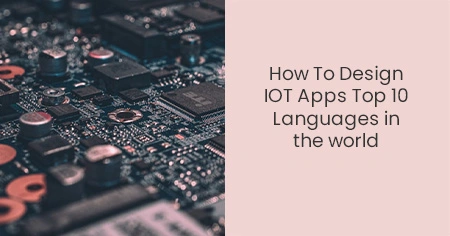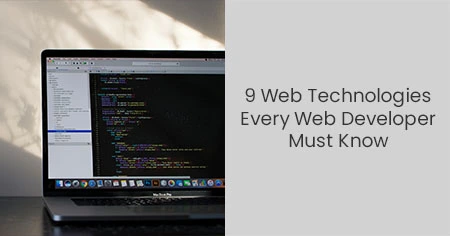According to reports, approximately 30 billion devices will be connected to the Internet by the end of 2025.
Several developers constantly work to stay relevant and future-proof their careers, putting them ahead of the pack. You should be familiar with a few programming languages to succeed in IoT app development.
The number of IoT developers continues to grow, and the market is expected to grow at 10% per year until 2030. Several programming languages are popular within the IoT industry.
Choosing a language for IoT projects can be as tricky as selecting a hardware platform. Here are the top ten programming languages for IoT applications.
Top 10 Programming Languages to design IOT apps:
In 2024, the landscape of programming languages for IoT development will continue to evolve. Each language has its advantages, features, and limitations.
Let's look at some of the popular programming languages used for IoT app development:
- Javascript

JavaScript is a universal programming language used in IoT for both back-end and front-end operations. Its advantages include a low entry barrier and many specialized coders on the market. It is ideal for event-driven architecture and enables project scaling with minimal time and resource consumption (memory, RAM, and CPU).
- C, C++
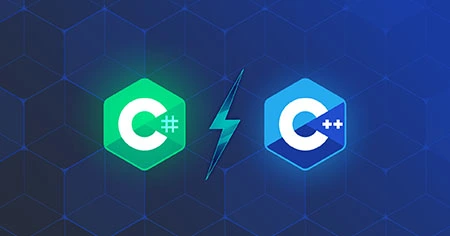
Java is one of many popular programming languages used in IoT software development. C and C++ are widely used in IoT projects for various purposes. Engineers may, for example, use C with IoT sheets or C++ in embedded IoT systems.
Given their advanced flexibility and low energy consumption, both languages can be used to code embedded systems that interact with the underlying hardware effectively.
- Java
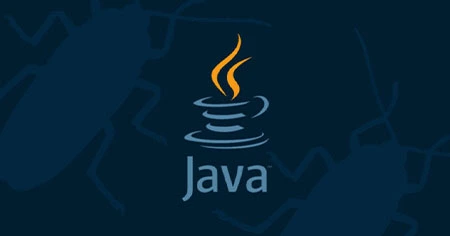
Java is the most popular programming language for building IoT applications.It was the most popular programming language in 2019, with a total score of 16.61%. The programming language has powered almost three billion devices.
The ability to code once and run anywhere is one of the primary reasons for Java's popularity. Developers can create software once and deploy it on any device that understands the programming language.
Java's object-oriented nature enables you to create programs for cloud and edge nodes. Due to its extensible features and extensive library offerings, it is an appropriate programming language for IoT development.
- PHP
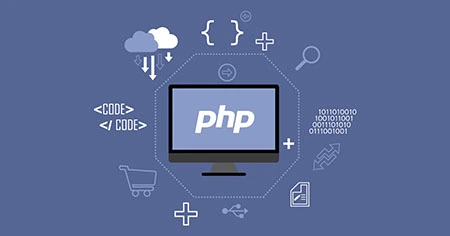
PHP, a high-level programming language, is primarily used for web development.It is also suitable for IoT app development using frameworks like Laravel, CodeIgniter, and Symfon. PHP can run on an IoT application's server and client sides, allowing for data processing, database management, and user interface design. PHP can be used on both the server and client sides of IoT applications, enabling data processing, database management, and user interface design. PHP can communicate with other devices using protocols like HTTP and MQTT. PHP is an excellent choice for web-based and database-driven IoT applications that require simplicity and adaptability.
- Python
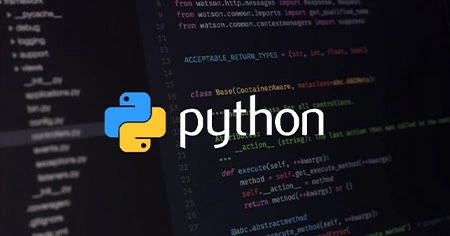
Python's simplicity and diversity have made it a popular choice for Internet of Things projects. However, because of its resource-intensive nature, it may only be suitable for specific scenarios, particularly those involving low-power devices or applications requiring rapid data processing.
Python's vast collection of libraries and simple syntax facilitate and simplify development. It's ideal for IoT applications that require quick prototyping and easy integration across multiple platforms.
However, its higher memory consumption and slower execution speed than languages such as C++ may pose difficulties for devices with limited computational power.
- Swift
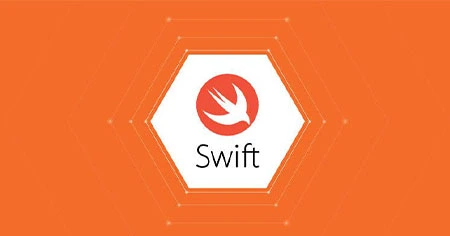
Swift is a programming language optimized for watchOS, macOS, tvOS, and iOS platforms. It is quick, expressive, and safe, with a modern syntax that is simple to read and write. Swift can be used to develop IoT applications with frameworks like HomeKit, SwiftUI, and Core Bluetooth. It can also communicate with other devices via protocols like CoAP and MQTT.
- Kotlin
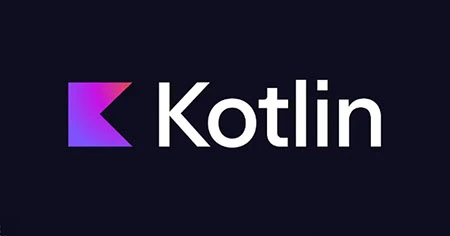
Kotlin is a rapidly expanding programming language, particularly among Java developers. Because of its security and compatibility with Java code, this programming language outperforms its competitors in developing IoT mobile applications. Using this language, you can also easily create memory-efficient, high-performance applications.
- Go

Google created Go, a highightforward, concise, and efficient. Its high-level programming language includes concurrency, parallelism, and garbage collection support. Go has many libraries and packages that can help with IoT development, such as GoCV, InfluxDB, and Gobot. Go cIt runs on various platforms and devices, including the BeagleBone Black, Intel Edison, and Raspberry Pi.
- Lua
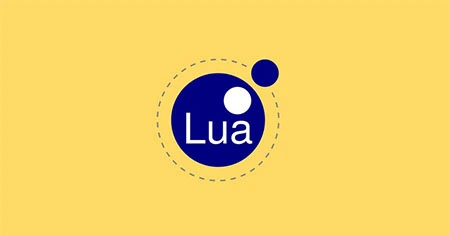
Though it is an unusual option among programming languages for IoT devices, the LUA language has many useful features in an IoT ecosystem. It is powerful and easy to use, ensuring IoT devices run smoothly.
Unlike most competitors, this language is more user-friendly and flexible, requires fewer code lines for program execution, and has a solid framework for developing IoT-specific apps with IoT-centric features (portability, battery efficiency, data management, etc.).
- Rust
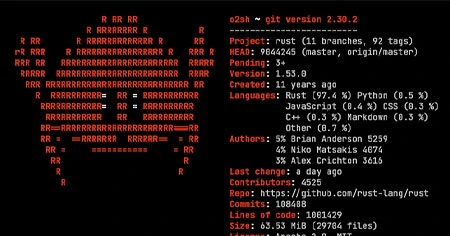
Rust is a low-level programming language that focuses on safety, performance, and memory management. It is compatible with embedded systems and microcontrollers such as STM32, ESP32, and Arduino. Rust can also communicate with sensors, actuators, and other peripherals using the embedded-hal, RTFM, and RTIC libraries.
Conclusion
Even seasoned programmers help decide which programming language to use for their IoT project among the many available in today's IT industry. Selecting the most efficient language based on development requirements, hardware, and functionality is critical to connecting IoT components successfully.




